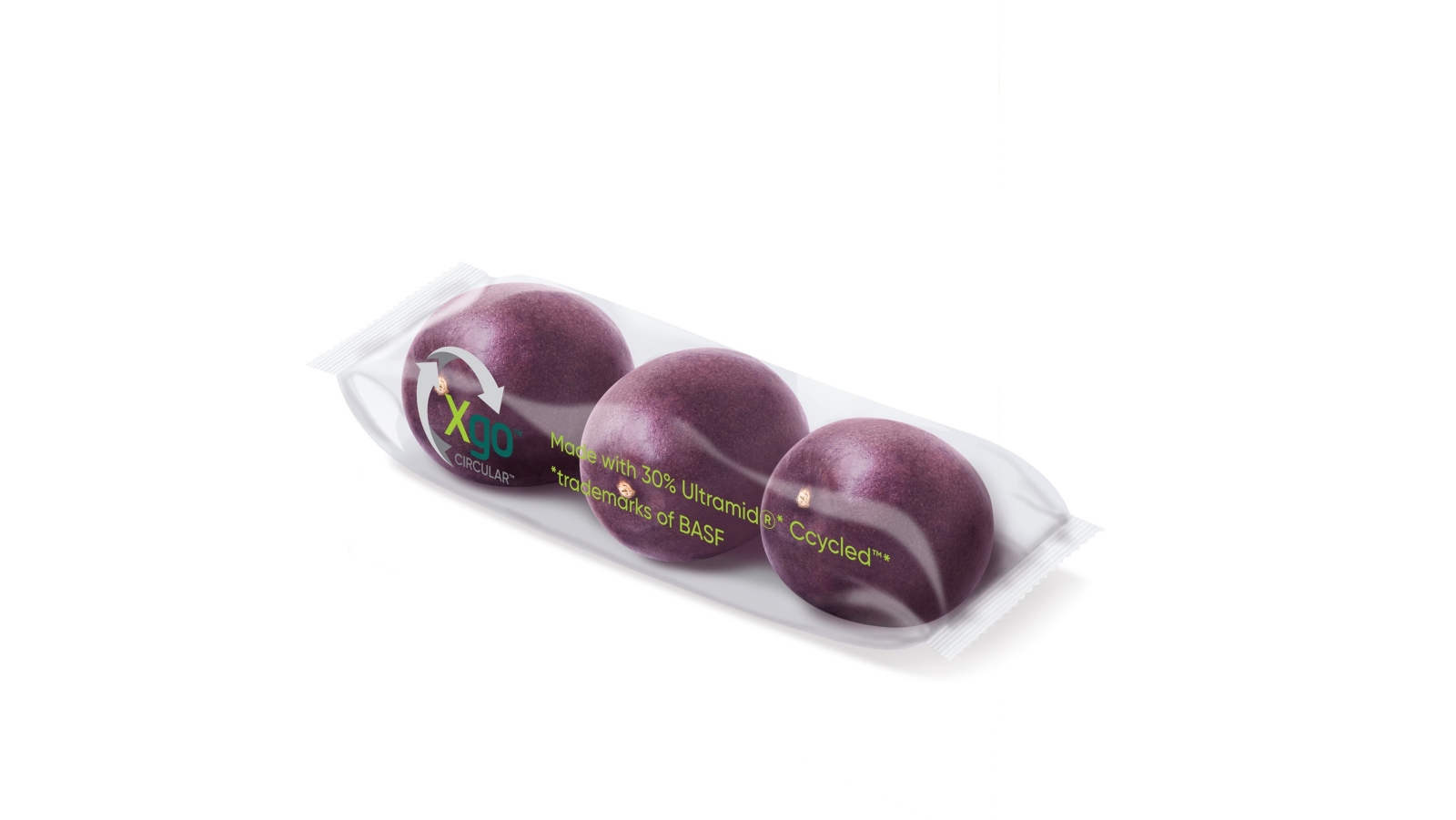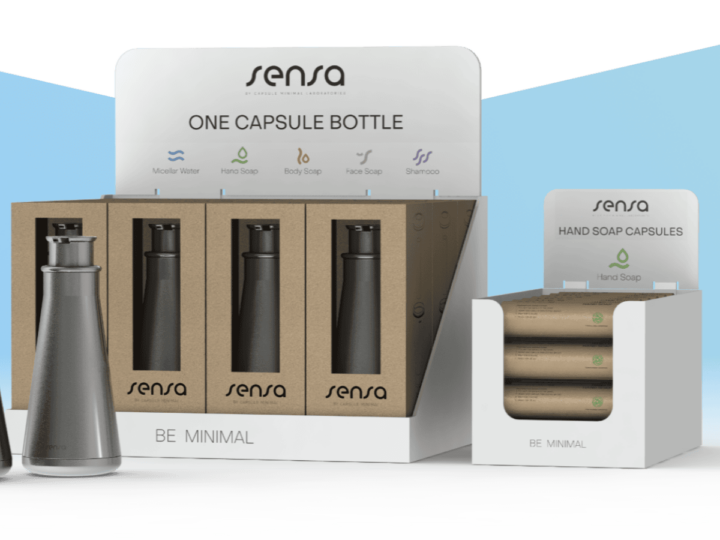German materials multinational BASF has joined forces with StePac, an Israeli functional packaging company based in Tefen, to create next-generation sustainable packaging for fresh produce.
Colombian passionfruit exporter Jardin Exotics will be the first to use the new packaging brand, Xgo Circular.
StePac’s flexible, modified atmosphere packaging (MAP) products control humidity to slow respiration inside the package, delay aging processes, inhibit microbial decay, and preserve quality and nutritional value during prolonged storage and long-haul shipments.
“This alliance will help strike a balance between creating plastic packaging that is as eco-friendly as possible to keep fresh produce longer through more prudent use of lean plastic films,” said Gary Ward, Business Development Manager of StePac.
“These upgraded packaging formats will continue to maintain their role of significantly reducing food waste, a most important task considering that global food waste is responsible for about 8% of [human-caused] greenhouse gas emissions.”
StePac recently analyzed supply chains assess how its advanced packaging preserves quality of fresh produce during handling, shipping, and storing, and by doing so reduces wasteandprevents greenhouse gas emissions.
The tests, performed at Wageningen Food & Biobased Research in The Netherlands, proved StePac’s MAP products reduce CO2 emissions dramatically by reducing waste in the fresh produce supply chain, often facilitating sea transport instead of air transport of produce to distant destinations.
In one example, shipping unwrapped Galia and cantaloupe melons from Honduras to the UK, a 25-day journey, resulted in a nearly 18% waste. Wrapping the melons in Xtend packaging reduced the waste to less than 3.5%. This means that shipping four containers of melons packaged in Xtend saves the equivalent annual CO2 emissions produced by an average vehicle, estimated at 3,020 kilograms.
“Based on the research, StePac estimates that across all supply chains in which its packaging is used, it saved in excess of 100,000 tons CO2 emissions in 2022 — equivalent to the annual amount produced by 31,000 automobiles,” said Ward.
Fighting for Israel's truth
We cover what makes life in Israel so special — it's people. A non-profit organization, ISRAEL21c's team of journalists are committed to telling stories that humanize Israelis and show their positive impact on our world. You can bring these stories to life by making a donation of $6/month.









